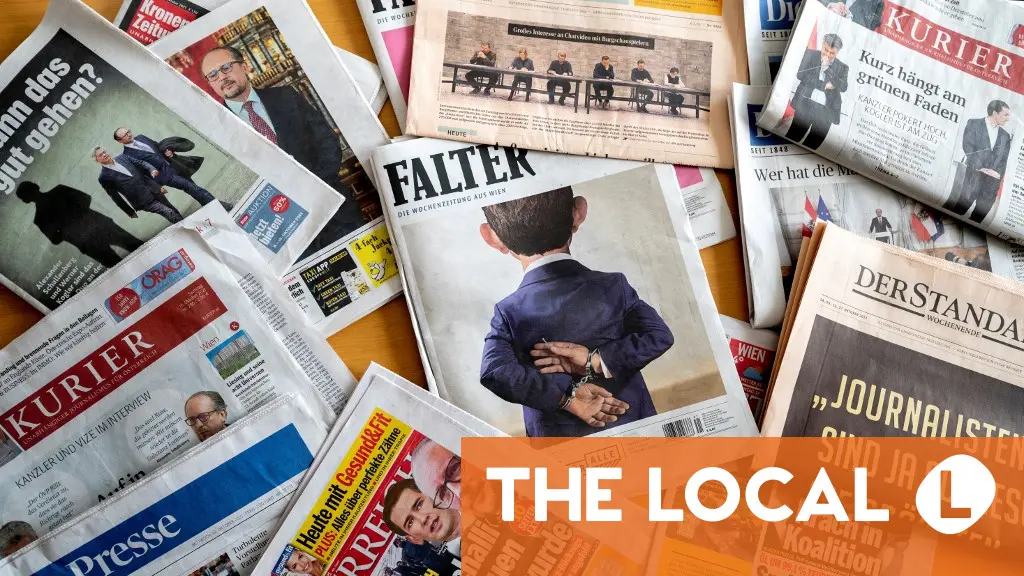The EU has flagged serious risks to media independence in Austria, but what are the reasons behind the warnings?
Austria’s media landscape is under the spotlight after the European Commission raised concerns about its independence and financial stability. In its latest Rule of Law Report, published this week, the Commission warned of a “very high risk” to media diversity.
Government advertising practices under fire
The European Commission dedicated an entire chapter to Austria’s media sector. According to Der Standard, it criticised the lack of progress in regulating government advertising and how public bodies place ads.
Between 2023 and 2024, Austrian government spending on advertising more than doubled. The EU pointed out that a significant chunk of this money continues to go to tabloid media. This practice, it said, has a “strong influence on the media market” and poses a threat to independent journalism.
While new transparency rules came into force in January 2024, the EU said there is still no effective way to punish state advertising contracts that break these rules. Although further restrictions are in the works, so far only “limited progress” has been made.
READ ALSO: How Austria’s far right is shaping its own news media landscape
The report didn’t stop at advertising. It also warned about the growing financial pressure on Austria’s media sector. As more advertising revenue moves towards online platforms, traditional media outlets are feeling the squeeze. The Commission said this shift is worsening an already tough economic situation for private media.
Praise for ORF reforms, questions on information freedom
It’s not all bad news. The Commission praised Austria’s reform of ORF, the national public broadcaster, earlier this year. The changes reduced government influence in appointing board members and introduced stricter qualification criteria.
The EU said this was a step towards meeting European Media Freedom Act standards and would help strengthen ORF’s independence.
The EU has not yet assessed it as details are still being finalised, but noted that preparations to establish a “subjective right to information” from authorities and state-owned companies were well underway.
READ ALSO: Mainstream Austrian media under fire for running Covid-19 conspiracy ads
Advertisement
Safety of journalists remains a concern
The Commission noted that journalists in Austria continue to face challenges, including verbal attacks by political actors and targeted attempts to discredit the media.
SLAPP lawsuits (strategic lawsuits against public participation) were not considered a major problem in Austria, but the government has set up a working group to implement the EU directive against them, involving media representatives in the process.
Earlier this year, the Concordia Press Club and the Datum Foundation launched a “Journalism Complaints Fund” to protect freelance journalists and smaller media outlets from intimidation, offering both financial and legal support.
The EU’s Rule of Law Report doesn’t come with penalties, but it does increase public and political pressure to address the mentioned issues.
READ NEXT: Why does Austria rank so badly for press freedom?
